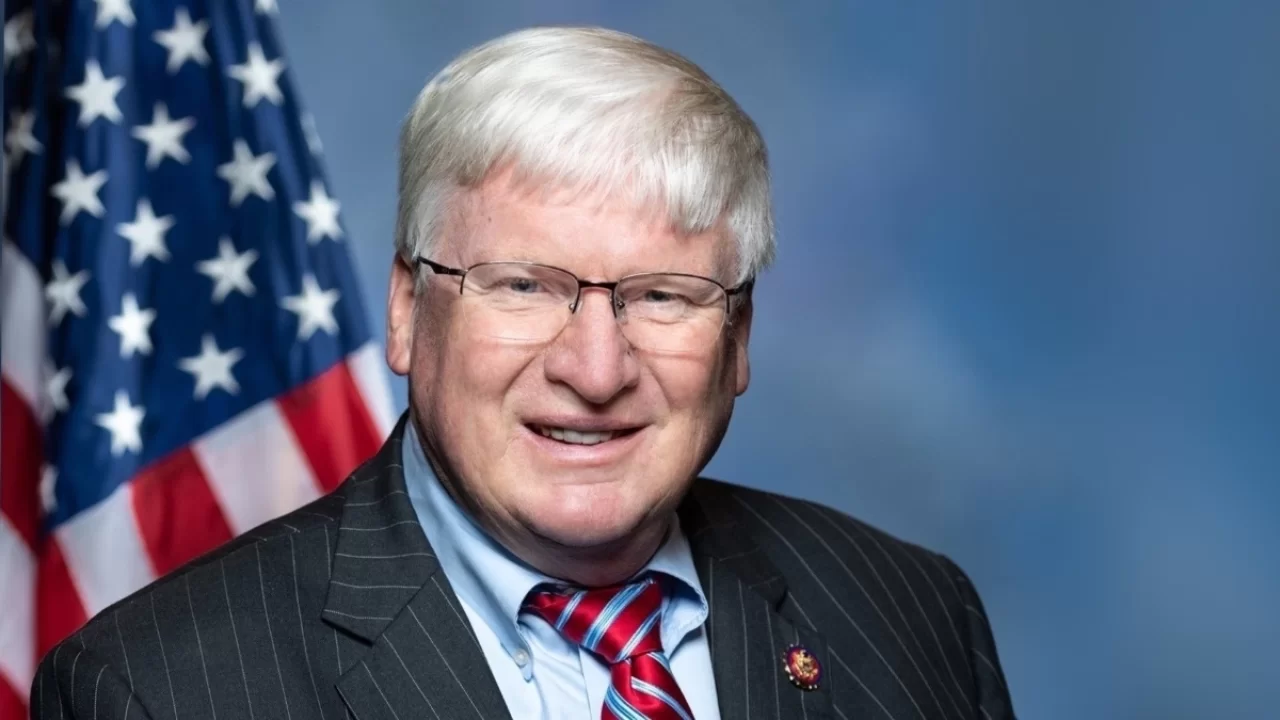Congressman Glenn Grothman | Glenn Grothman BIG
Congressman Glenn Grothman | Glenn Grothman BIG
Congressman Glenn Grothman, alongside Congressman Ed Case, has introduced the bipartisan Stop the Baseline Bloat Act, aiming to bring more honesty to federal government spending. The bill seeks to remove emergency spending from the baseline budget, which has been identified as a problematic practice by various organizations.
According to the Cato Institute, Congress has allocated a significant $12 trillion towards emergencies over the past three decades, leading to distortions in the budgeting process. Grothman emphasized the importance of transparency, stating, "Inflation has reached outrageous levels over the past several years, and the federal government bears responsibility for it."
Congressman Ed Case emphasized the need for accurate and transparent budgets, highlighting that current practices conceal the true growth in spending. He stated, "A budget that inflates prior year spending to conceal real growth year-to-year is neither accurate nor transparent."
Joining the chorus of support for the bill, Rep. Nancy Mace commented on the flawed calculations in D.C., stating, "Adding emergency spending to long-term budgets is like including your emergency fund in your monthly income."
Various organizations have also voiced their support for the Stop the Baseline Bloat Act. Romina Boccia, from the Cato Institute, emphasized the importance of removing emergency spending from the baseline to increase transparency. Similarly, Tom Schatz from the Council for Citizens Against Government Waste highlighted the need to restore fiscal restraint in the budgeting process.
Brandon Arnold, from the National Taxpayers Union, praised the bill for addressing the issue of out-of-control debt, while David Williams from the Taxpayers Protection Alliance emphasized the importance of promoting long-term fiscal responsibility.
Maya MacGuineas, President of the Committee for a Responsible Federal Budget, commended Rep. Grothman's efforts to improve the budget process and provide greater transparency.
In conclusion, the Stop the Baseline Bloat Act has garnered significant bipartisan and organizational support for its aim to address distortions in the budgeting process and promote fiscal responsibility.






 Alerts Sign-up
Alerts Sign-up